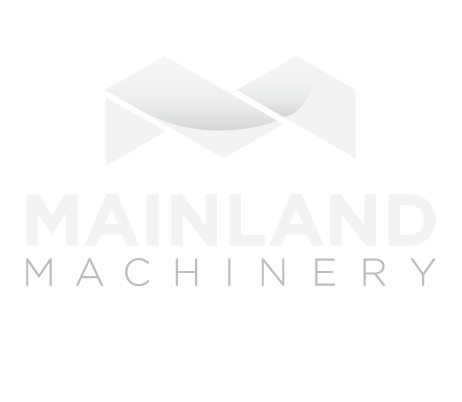Oil and Gas Industry Education in Canada
 Oil and Gas Industry Education in Canada
Oil and Gas Industry Education in Canada
The Canadian skills gap is a big issue, but oil and gas workers and students don’t need to be afraid of it thanks to a wealth of training programs available countrywide.
We all know that energy is big business in Canada. In fact, one third of Canadians rated the oil and gas industry as one of the top three industries for job opportunities next year, according to the Randstad Canada Labour Trends Study 2014.
Of those polled, 9 in 10 thought that the skills gap would be a serious issue in 2014. What’s more, in provinces like Alberta and Saskatchewan, where oil and gas projects are booming, the lack of skilled trade workers was seen as the biggest issue facing the industry in 2014.
Young workers (under 34) in particular expect employers to provide financial incentives for their work and training, while mature workers (over 55) are more likely to believe that career incentives should start in schools.
Another debated question is whose responsibility it is for the training required to close the gap, with one in three workers believing that governments should do more to train under and unemployed workers. A full 40% of workers believe companies should invest more in skills training.
This lack of confidence hurts both employers who need great workers and the potential employees alike. Luckily, workers can take control of their futures in several ways.
Getting your Start in Oil and Gas
Workers passionate about theory should lean towards traditional engineering programs at universities, which set them up for professional engineering licenses.
But if you just want a quick and hands-on approach to learning, most community college programs offer a fast way to get your hands dirty. It’s worth checking out your program’s transferability to four-year degrees, too, in case you decide you want to go the traditional route.
Several Canadian schools offer programs designed specifically to get you into petroleum engineering and technology: Cape Breton University , the University of Calgary, the University of Alberta, and the University of Saskatchewan all offer excellent engineering programs geared to the petroleum industry.
Getting Ahead
For many workers, understanding how to get into the oil and gas industry is enough of a challenge. Then there’s the question of ongoing skill renewal in order to stay on top of industry standards and advance professionally.
Professional certifications can help you stand out from the crowd professionally and help you move into management roles more quickly than your less-prepared counterparts. Certification programs require professional experience, and often other supporting information. Keep a portfolio, and keep your eyes open for new opportunities.
Certification can make you an attractive employment option, and help you understand complex issues prior to encountering them in the field. Whether your interest lies in helping communities understand and work with oil and gas projects through stakeholder relations, keeping worksite standards up as a Safety Professional or establishing contracts as a landman, there is a professional option out there for you.
Nor does education have to stop at the professional and undergraduate level. Plenty of universities offer Masters of Science programs in petroleum or environmental engineering. From there, a doctorate certainly isn’t out of the question for an academic oil and gas worker.

